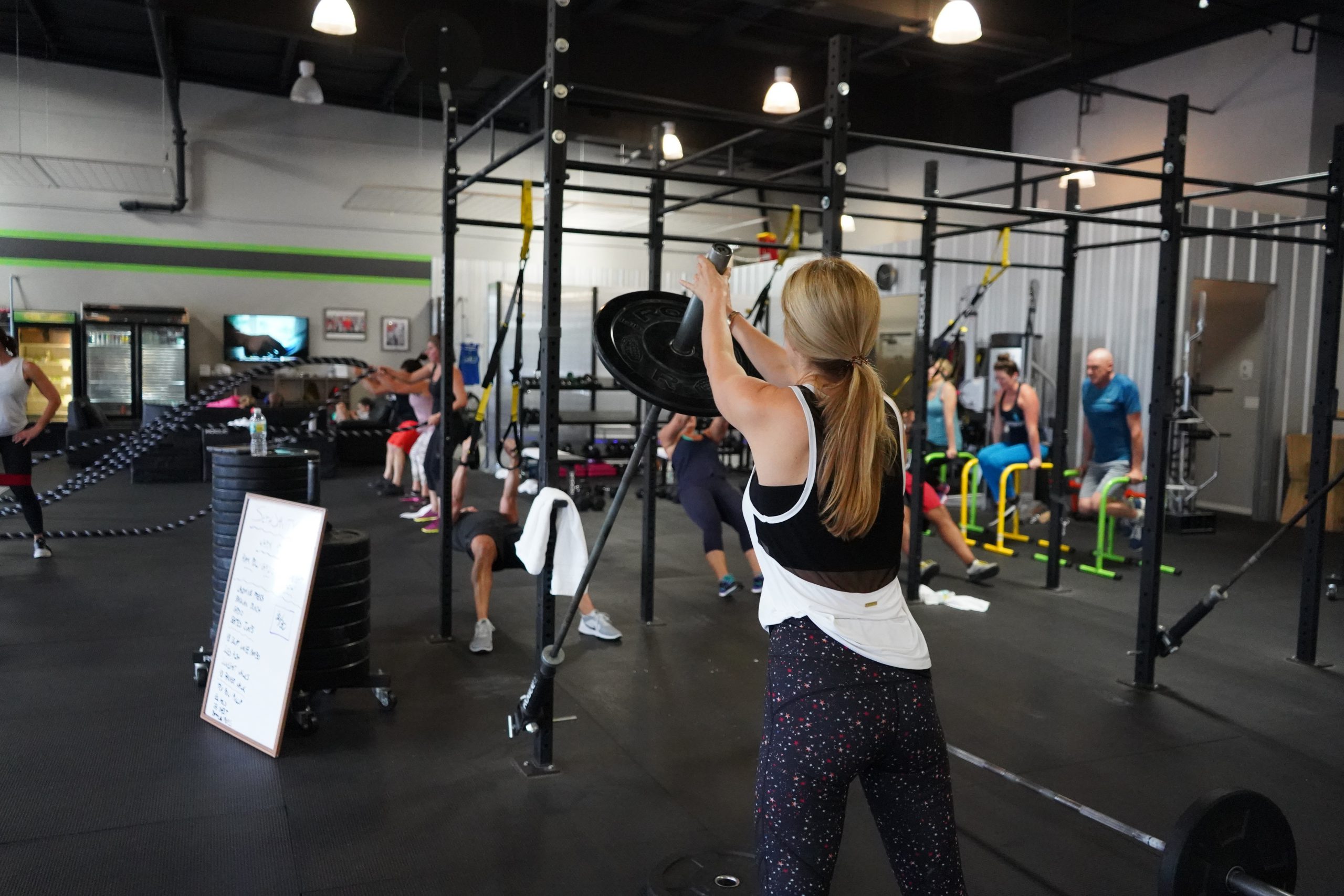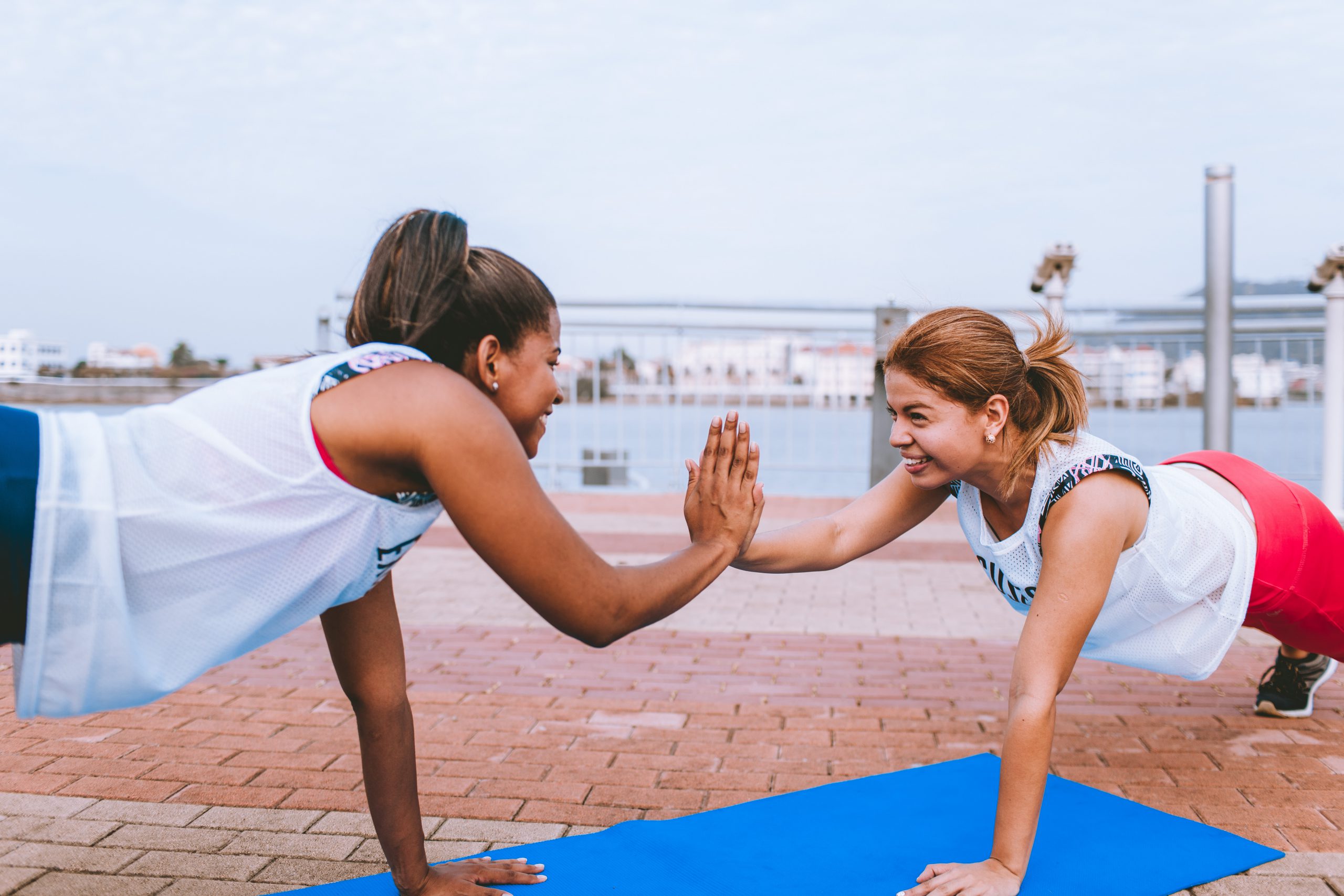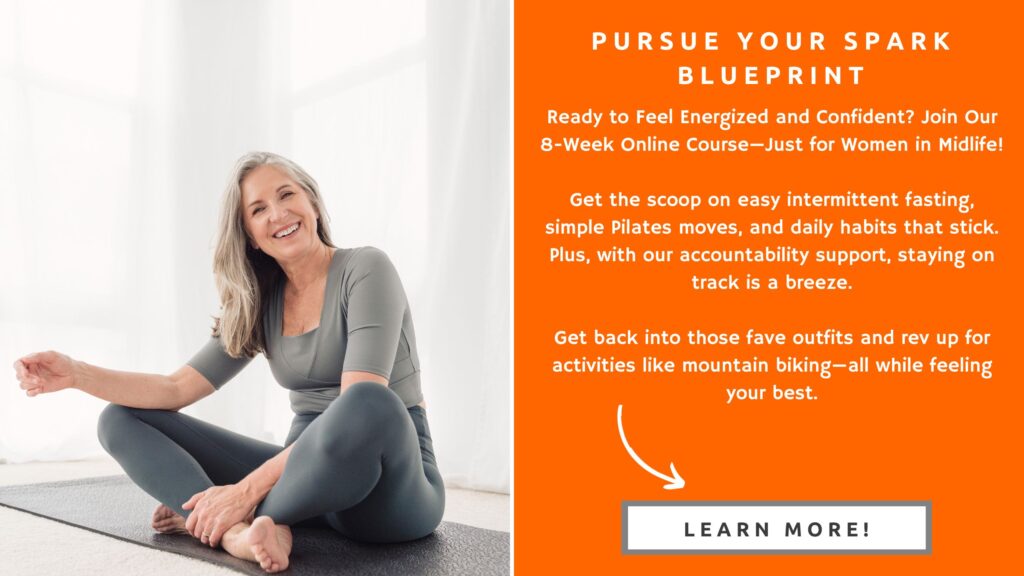Can you believe it? Some people don’t like to exercise… So many people in the world WANT to get fit; they like the idea, want to look better, and love the benefits that they KNOW will come from it. So what stops us? Well, some people don’t like to exercise. It’s that simple, but how do you get motivated to exercise even when you don’t like it?

I’m a health and fitness coach, and even I grew up disliking exercise as much as the next person. I was overweight, exercise was strenuous, no one in my family encouraged me to exercise, and I wasn’t even good at sports. I didn’t see a need for it for a lack of motivation, effort, and a fear of looking stupid.
It wasn’t until after my son was born that I started to exercise.
I had given up my job during my pregnancy, gained 50 pounds, and didn’t feel confident after giving birth. One day a friend of mine convinced me to take a fitness class with her, and my life forever changed. I found a way to have my children with me, feel great about my body, and be able to serve other women as an instructor.
I WAS HOOKED once I discovered the benefits of regular exercise and knew I was helping other women get in shape. I wanted to know more, learn more, and help more people live their healthiest lives ever.
I had a goal and drove to change how I wanted to feel like a fit mom. Now my life has completely changed when it comes to exercise. Is it still hard to get going some days? Of course, but I have the systems that I am sharing with you today in place.
The Hard Truth About Motivation

One of my podcast listeners, let’s call her Brenda, shared this with me recently, “I don’t make exercise a priority because it’s just not fun. I should be less stressed because I work from home, but I’m not. It should be simpler, but honestly, I hate sweating.”
Brenda is an example not far off from many of us. Knowing that it’s good for her and that she SHOULD do it is overrun because it’s just not fun, and she hates sweating. These are common reasons we talk ourselves out of exercising. And when merely thinking about exercise turns you off, you tend to do anything more enjoyable at the moment.
But guilt and defeat linger, with an inner voice saying she could do better. Does that sound familiar?
Why Do Women Lack the Motivation To Exercise
Lack of motivation for physical activity or other pursuits in women over 50 can be influenced by a variety of factors:
1. Physical Changes: As women age, they often face physical changes such as decreased energy levels, hormonal changes, and increased susceptibility to aches and pains. These changes can make it more challenging to maintain the same activity level as in their younger years.
2. Life Transitions: Women over 50 often experience significant life transitions, such as children leaving home, retirement, or caring for aging parents. These transitions can be emotionally challenging and may affect motivation.
3. Health Concerns: Health issues become more prevalent as people age. Conditions like arthritis, diabetes, or heart disease can affect physical abilities and motivation.
4. Fear of Injury: The fear of getting injured or worsening an existing condition can also be a demotivating factor. As the body ages, recovery from injury can take longer, making some people more cautious about physical activities.
5. Lack of Time: Many women over 50 may lack time due to responsibilities like work, caregiving, or other commitments. This can lead to a perception that they don’t have time to dedicate to their interests or fitness.
6. Societal Stereotypes: Society often portrays aging as a time of decline and reduced capabilities. These stereotypes can affect self-perception and motivation in women over 50.
7. Mental Health: Depression or anxiety can significantly impact motivation. Mental health tends to be a complex issue with various contributing factors, and it’s important to seek professional help if these conditions are suspected.
Despite these challenges, it’s important to note that women over 50 can remain active, engaged, and motivated. By addressing health concerns, making time for self-care, challenging societal stereotypes, and seeking support, women in this age group can find renewed motivation for their pursuits.
Reality Check: Motivation Alone Doesn’t Make You Enjoy Something
Brenda is motivated enough to think about exercise but then gives up because her mind association has told her that it’s not a pleasant experience. Because exercise is not a priority in her life, she tends to stick with what her mind says she does enjoy and prioritize, such as reading, and she can rationalize that this is also a good choice. Brenda might be able to become motivated if she found something that’s FUN, and she didn’t have to sweat, changing her mind’s parameters of what exercise means.
Know that it takes effort to start anything new. Prepare your mind that it might not make you feel good initially, and yes, it’s hard, but you can tell yourself that doing something enjoyable to start is the best option. What if you didn’t think about it as exercise at all but merely a promise to walk around the block three times each week, play with your grandchild in the park, or even go to the gym and try classes until you find one you like (maybe only because the music is good!)?
How to Get Motivated to Exercise When You Don’t Like It
3 Steps to Get You Moving (Even If You Don’t Like Exercise)
- Try NEAT (Non-exercise Activity Thermogenesis) – this is the energy expended for everything we do that is not sleeping, eating, or sports-like exercise. You can walk in, stand up and sit down, dance, walk around the kitchen aisle, park further away from your destination, toe-tap, do garden work – be creative, and find activities where you naturally move!
- Hire a trainer that holds you accountable. Sometimes all you need is one person who can help you get the best out of yourself and leave you feeling proud and fabulous.
- Join a group of motivated women who help you get moving by making it a social event where you can talk as you move! It’s a great way to stay accountable, make great friends, relieve stress, and get in shape without your mind nagging that it’s unenjoyable!
Why Is Consistency Key
Consistency is critical for women over 50 because it promotes a gradual, sustainable transformation in physical health and overall well-being. With age, bodily functions and metabolism naturally slow, meaning changes might take longer to manifest compared to when they were younger.
Consistently maintaining healthy habits, such as regular exercise, a balanced diet, and adequate sleep, allows for gradual improvement and adaptability. Additionally, consistency in health routines helps maintain bone density, muscle mass, and cardiovascular health, aspects that often face decline after 50.
Beyond physical health, consistency in activities like lifelong learning, social engagement, and creative pursuits can foster cognitive health, emotional well-being, and a sense of purpose. Consistent practices create sustainable habits, leading to long-term health, happiness, and fulfillment.

